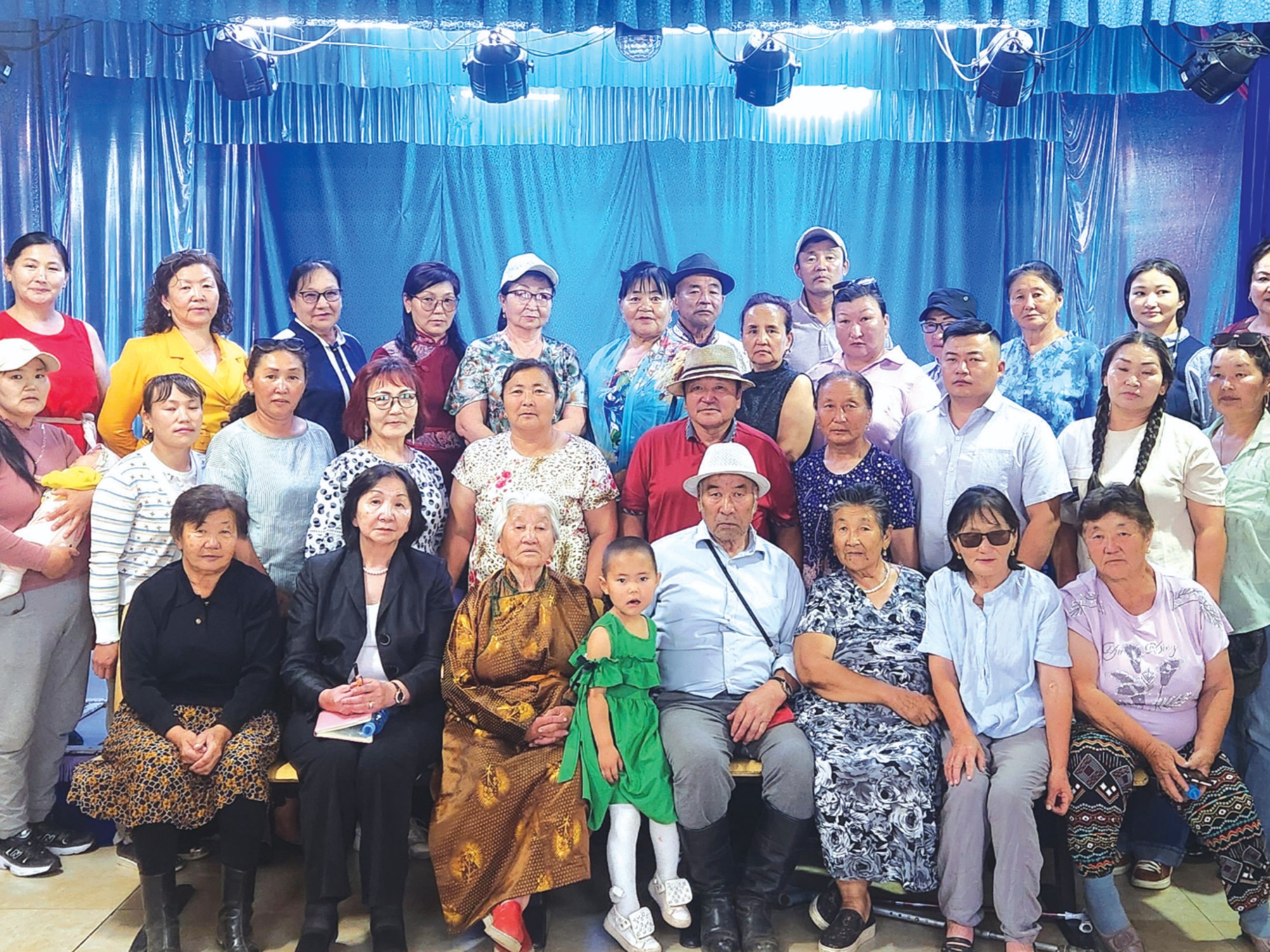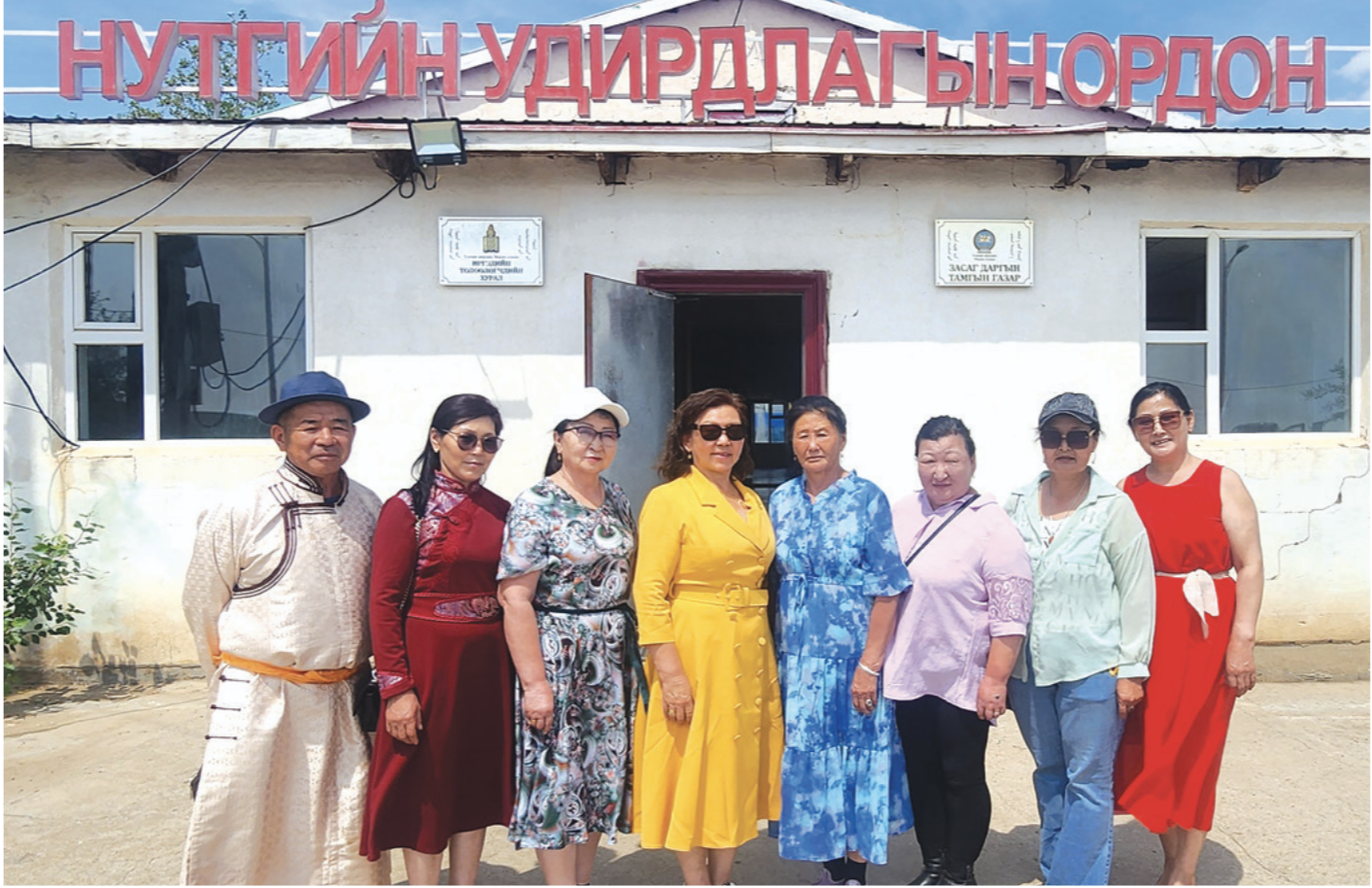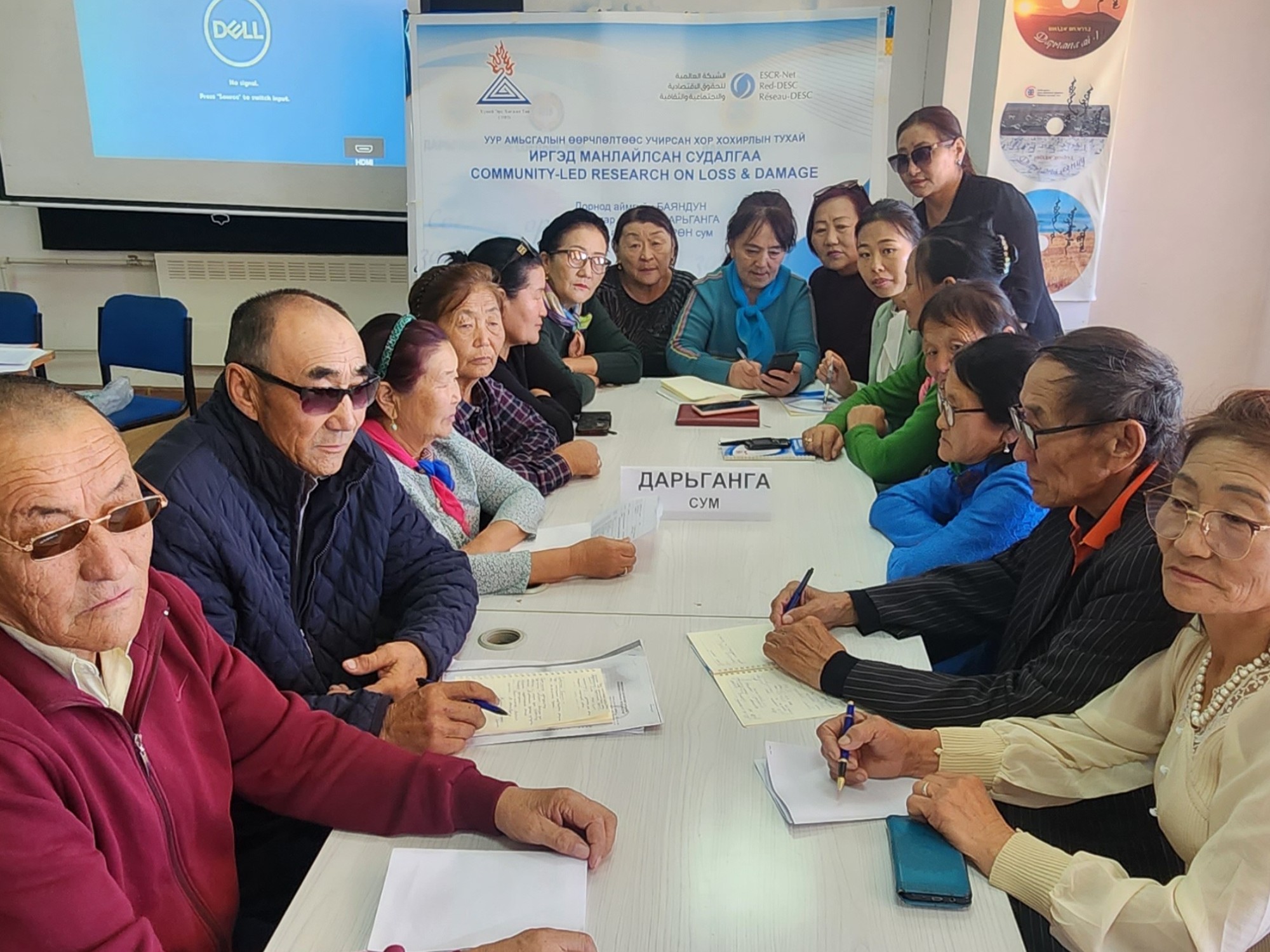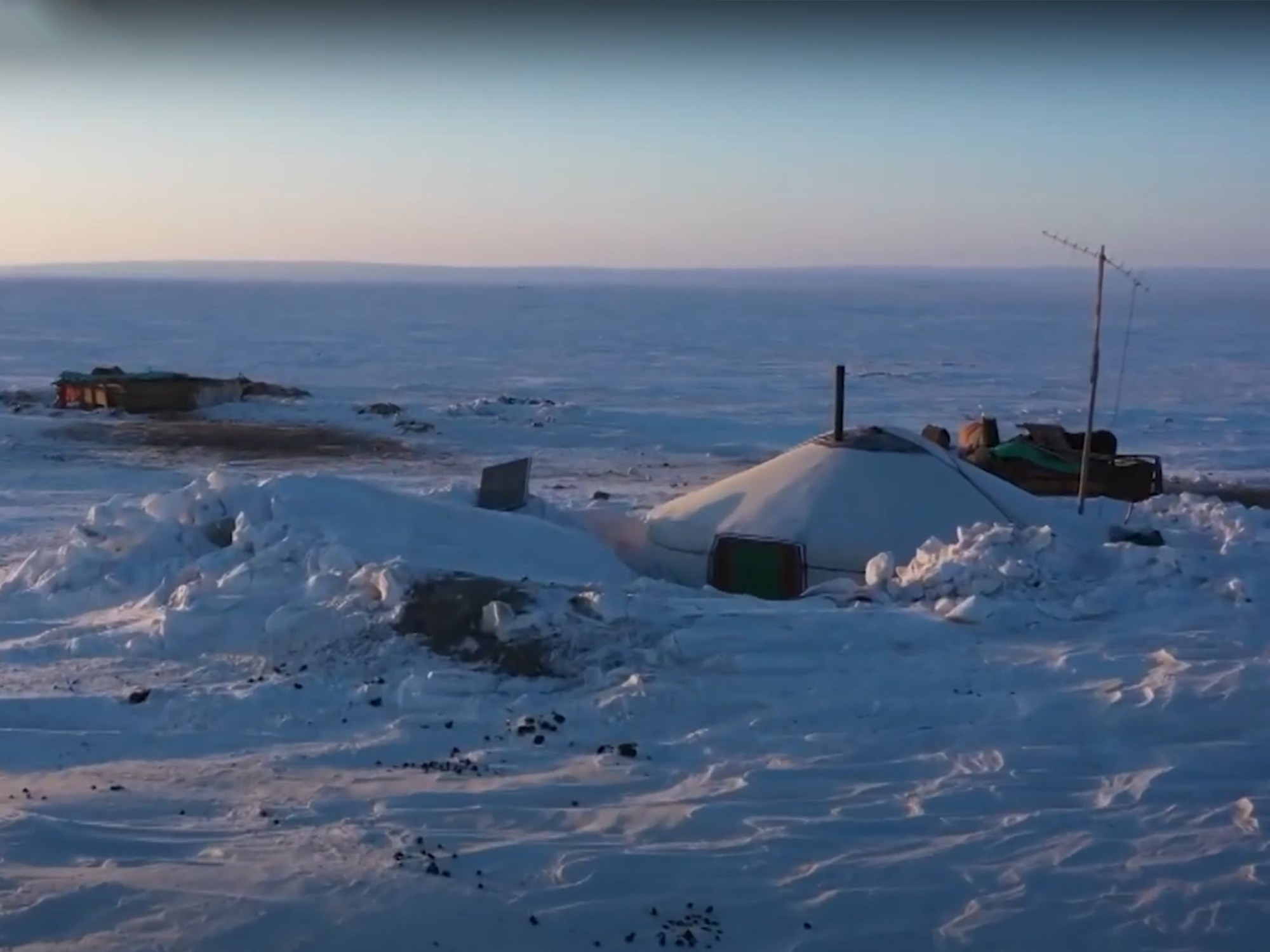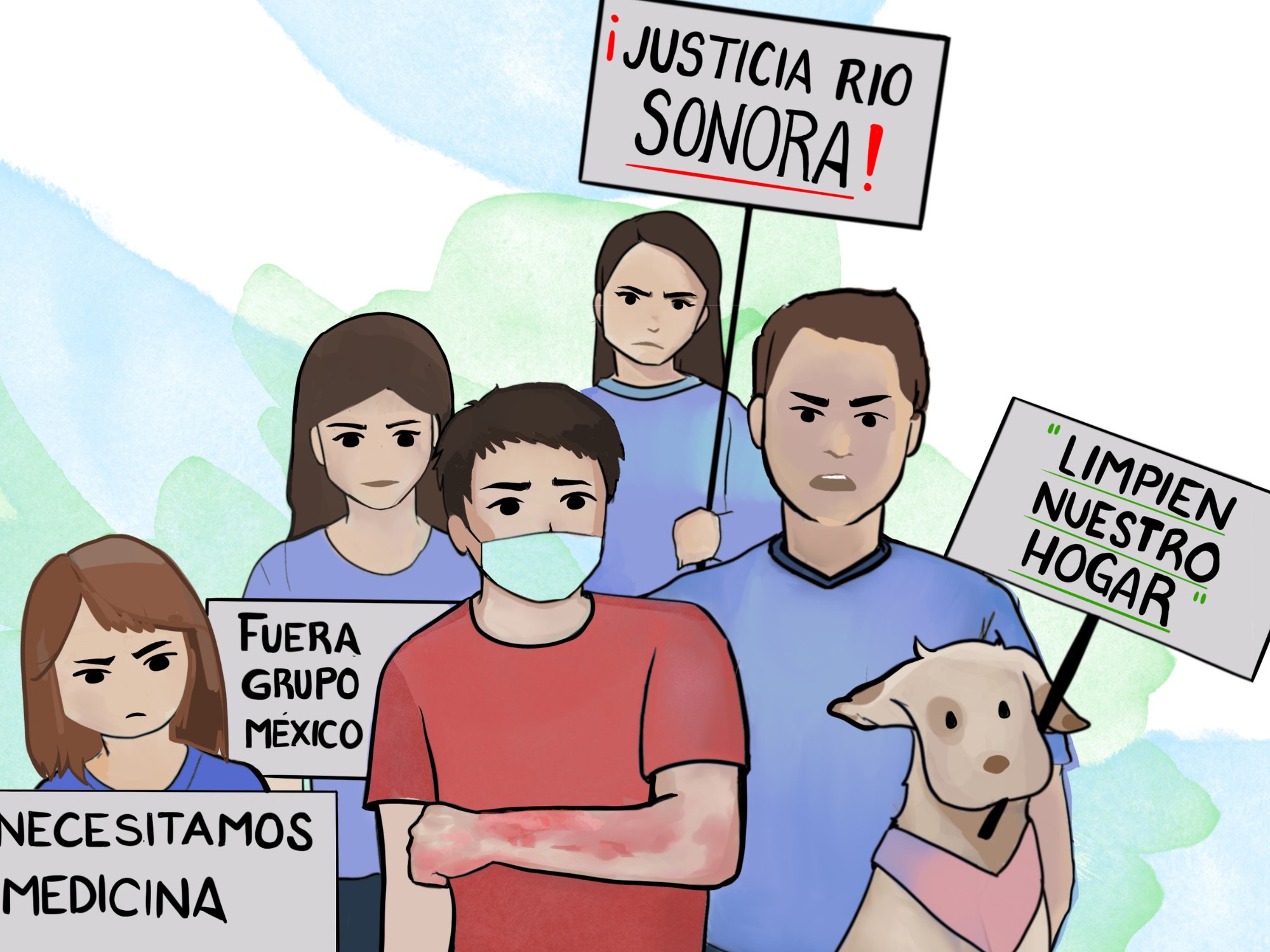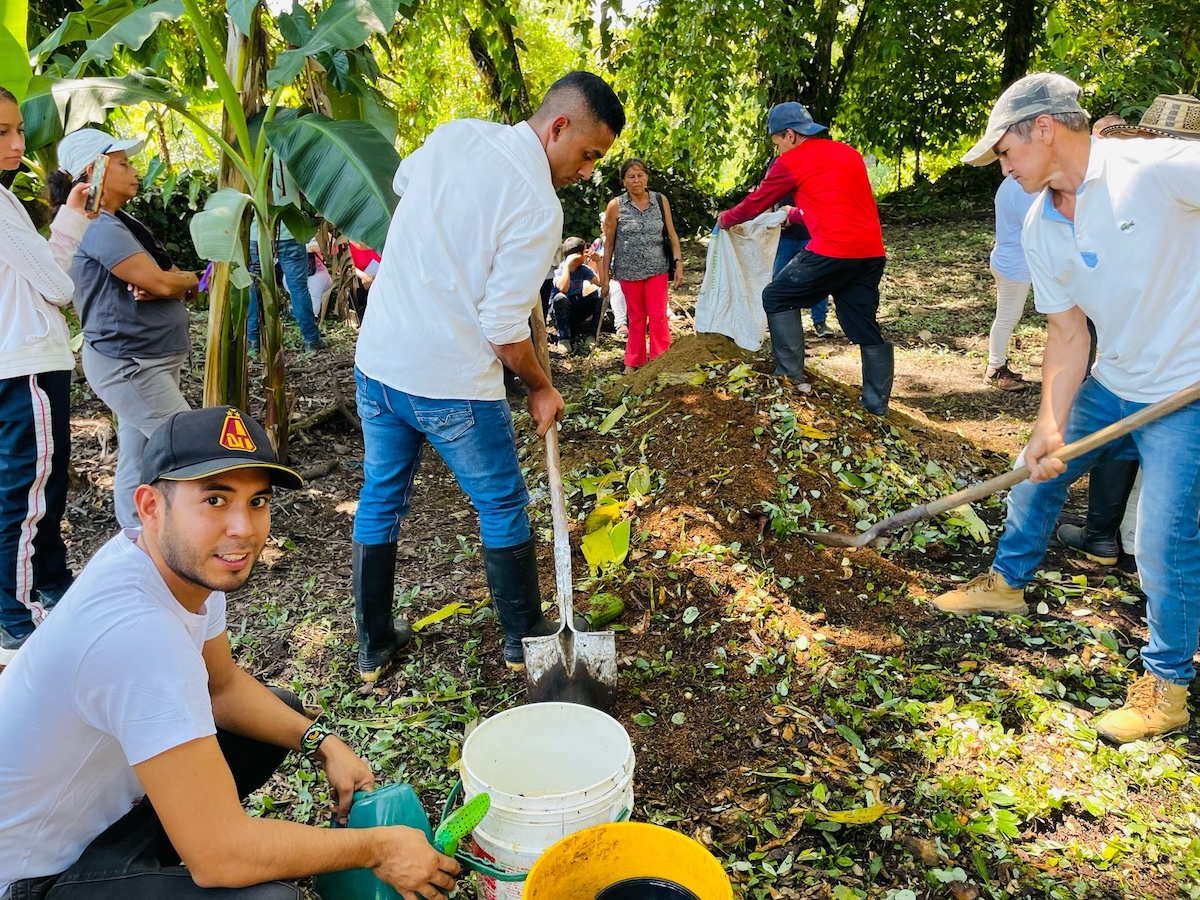Over several months, CHRD trained 30 community researchers—10 in each soum of Murun (Khentii province), Bayandun (Dornod province), and Dariganga (Sukhbaatar province)—to carry out surveys, focus group discussions, and interviews. Together, they collected detailed accounts of livestock losses, destroyed crops, damaged infrastructure, and the disappearance of income sources due to climate-related disasters such as the 2024 zud (extreme winter) and sudden floods.
Technical Information on the Process
Research focus
The study examined:
- The challenges herders and vegetable farmers face due to climate change.
- Awareness of national adaptation and mitigation policies among rural communities.
- Local capacity to assess climate impacts and engage with government decision-making.
Key findings
- The 2024 zud and recent floods caused extensive livestock deaths and destroyed tons of vegetable crops.
- Many affected families did not know where or how to request assistance.
- Local government officials report that climate policies exist and involve citizen participation—but communities remain largely unaware of them.
Community participation and methodology
- Surveys: 300 participants (100 in each soum) answered 20-question questionnaires designed by the research teams.
- Focus Group Discussions: 12 FGDs in total, with elders, male herders, female herders, and vulnerable groups.
- Individual Interviews: 28 key informants, including governors and local administrators.
- Public Hearings: Results were presented back to the community, with local officials expressing surprise at the strength and clarity of the teams’ presentations.
Challenges and lessons learned
- Harsh winter conditions made reaching herders difficult, with some located more than 50 km away.
- Limited quality of photos and videos during documentation.
- Administrative and financial reporting requirements were challenging for community teams.
From Evidence to Advocacy
The findings have already fueled local and national advocacy. Research team members presented at the 6th National Consultation of Human Rights Defenders, with conclusions delivered to the Human Rights Subcommittee of the Mongolian Parliament. Campaigns have been launched in two soums: a climate justice demonstration in Bayandun and a one-day environmental protection convening in Dariganga.
